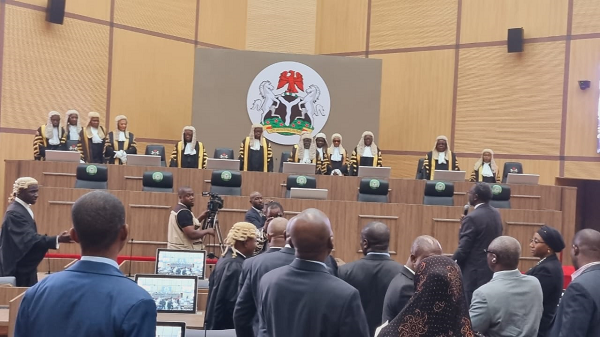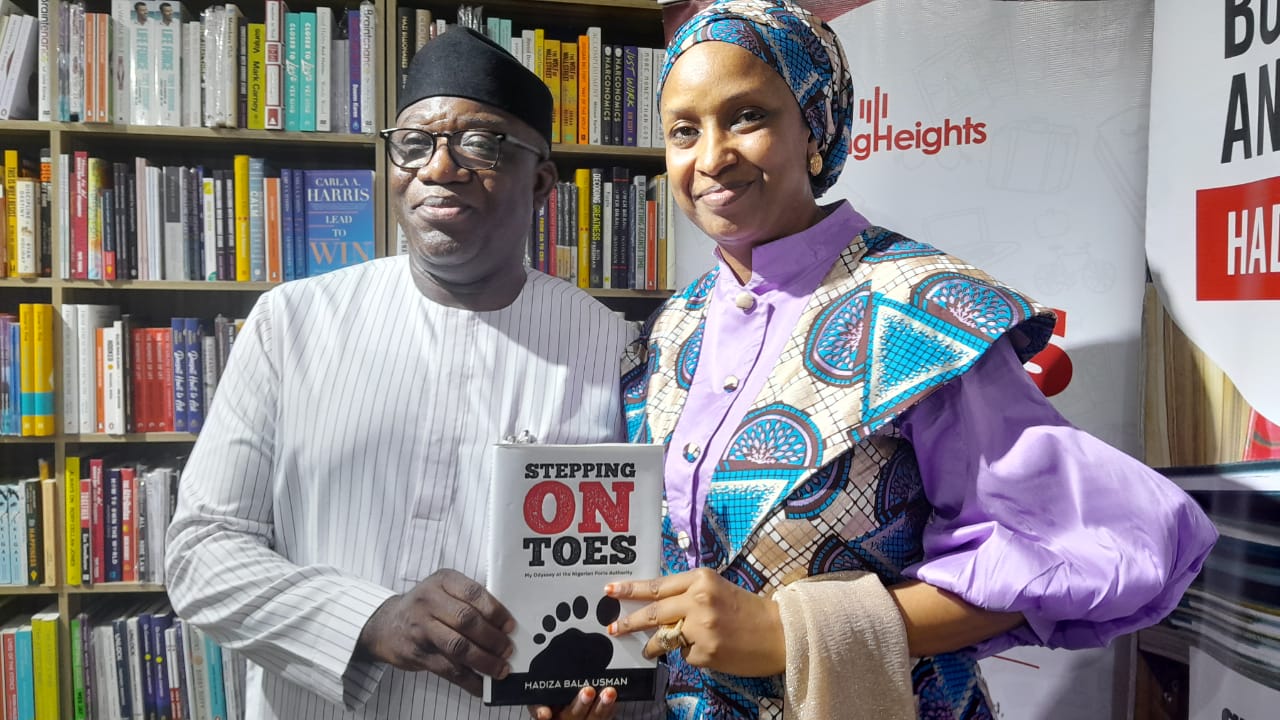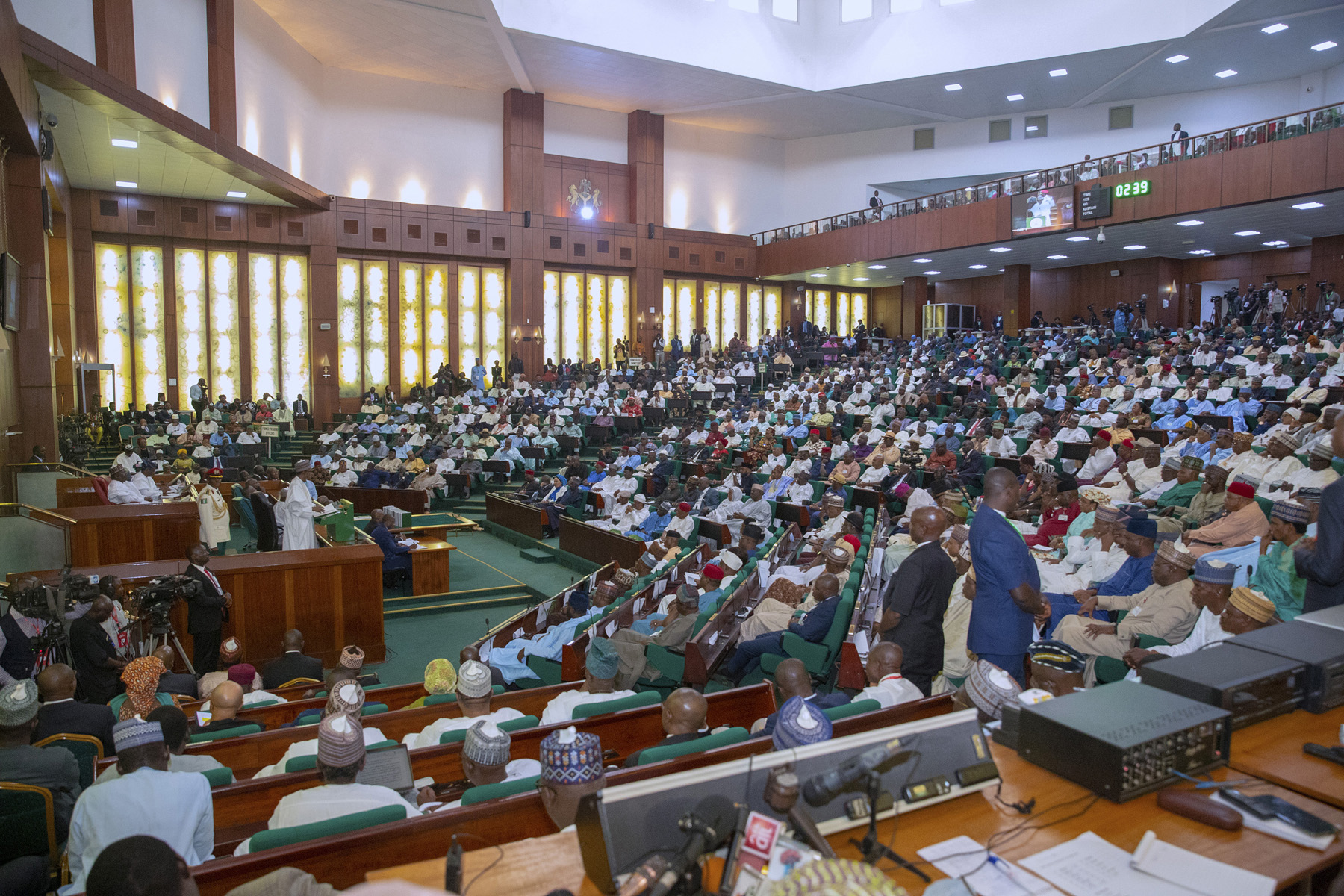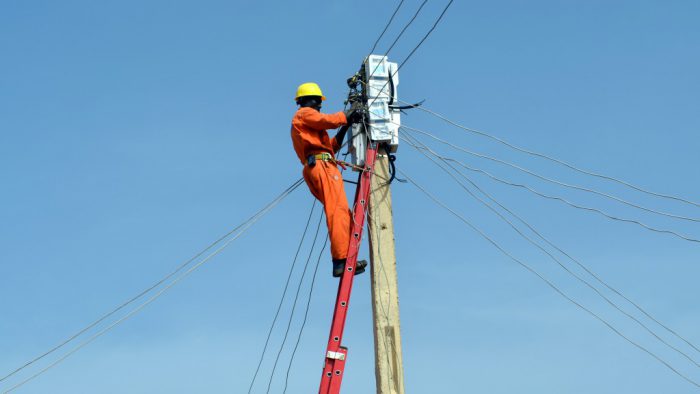BY FRANCISCA CHIEDU
The UK has announced that from January 2024, most postgraduate students will not be allowed to bring their families to the UK. The update also means that from January 2024, students can’t switch their visas until they complete the course. Previously, students come in, and some immediately switch to healthcare visas.
This pattern has left many schools with many unpaid tuition fees. Some schools have taken drastic measures to ensure that students from Nigeria now pay an initial deposit of £5,000–8,000. Most are asking for over 50–80% of the tuition fee. As I have always said, international education is not cheap. If you can afford it then ensure you pay your fees and don’t breach the terms of your visa.
In other “news”, a Nigerian immigrant in the UK was recently interviewed on BBC on why Nigerians study in the UK and other related questions, he made funny remarks about Nigerians primarily using education just to migrate, and most are not interested in studying in the UK. I strongly condemn his generalisation as his views do not reflect the average Nigerian who is known to pursue continuous professional development in the form of postgraduate degrees. In the US, the annual Houston Area Survey shows that Nigerian immigrants have the highest level of education in the US, surpassing any other racial or ethnic groups.
Advertisement
The Tiamiyu guy interviewed by the BBC is one of many content creators from Nigeria who put out all sorts of ridiculous content that portrays a poor narrative about Nigerian immigrants. I think some immigrants foolishly think that throwing people from their home country under the bus just to be a poster child for tomfoolery, makes them look good before the UK government and media. No, it is just grand stupidity as they already know a pattern based on data on students’ numbers, other stats from the ONS, and lousy videos and content from Nigerians who share funny information on their social media platforms.
There are many people openly sharing information about how some people have met the visa criteria. Some even go as far as advertising proof of funds loan services and paying to be a dependent, selling care sponsorship certificates, and other fraudulent content. The UK government and even the media follow and consume this content. They are well aware of what people desperately do to meet the visa requirements.
So it’s not a surprise that the BBC sought the opinion of content creators like Tiamiyu. Based on my Japa series, the BBC contacted me to refer students with dependants in the UK for interviews. Based on that request, my understanding was for them to make a case on the value student dependants bring to the UK. Some people are obsessed with media attention. The likes of Tiamiyu foolishly fuel funny narratives just to score cheap popularity.
Advertisement
The UK introduced the two-year graduate visa to attract international students from countries like Nigeria. Nigeria is one of the biggest targets for international education, not just because we want to migrate but because the truth is many Nigerians value postgraduate degrees.
I think Tiamiyu missed an opportunity to demonstrate that Nigerians are known to get multiple degrees and certifications to advance their careers and other personal goals. Even in Nigerian universities, postgraduate schools are oversubscribed. We are a people passionate about professional development. Go to Harvard executive education and other leading universities, and you will find many Nigerians there. So it is absurd for anyone to say most Nigerians coming to study are not interested in the degree. All immigrants who come to study overseas most often explore living and getting international experience, so it is only natural to do so. This is not only peculiar to Nigerian immigrants.
At different points, I have been approached for interviews and comments, but I sometimes decline. It is best practice to understand what the interviewer is trying to achieve. Do you believe in the cause the story is trying to achieve? Are you the right person to give that information? How will my comment affect me, the organisation, or the communities I represent? Sometimes you see people disclaim that their views are not those of their organisations.
If you check, the Tiamiyu guy may not have any serious professional job or affiliations in the UK. I can’t imagine turning up at work and my colleagues having funny perceptions of me and my home country because of hot takes that point a finger back at me as an immigrant.
Advertisement
Some people sometimes don’t know when they overstep their boundaries, peddle false information, openly encourage fraudulent approaches to beat the system and other things that may put them on the radar of law enforcement. You may think you are attracting followers and increasing your viewership, but this may negatively affect some people in the future. You are also fuelling a poor narrative about Nigerian immigrants.
Who is highlighting the phenomenal contributions of Nigerians in the UK to the media, I don’t see much of this, but we have lousy people who are quick to grab the mic and make unfounded generalisations. At least we don’t have data suggesting that many Nigerians do not complete their courses.
The UK government knows how to address the anomalies in the immigration system. They follow the trend and conversation for the countries with the most immigrants. They know the pattern. The update yesterday also said they will clamp down on visa agents. Do you think the UK government doesn’t know most international students from different countries borrow money to prove they have funds to live in the UK? They do. They just chose not to address it as they need the student numbers. A report from the research firm, SBM Intelligence, showed that Nigerian students in 2021 brought in £2 billion to the UK. That is no amount to sniff at.
For visitor visas, the UK asks for a six-month bank statement to establish your earnings and other information, but for students, they only ask for 28 days statement. Doesn’t that tell you something? If the UK decides to ask people to show the entire transactions in the account for a period, it will show some people cannot immediately fund their education but choose to see only 28-day bank statements, and people omit the bulk payment they received from family or POF agent. They look the other way because they want international students to come and pay high fees and contribute to the economy.
Advertisement
They also know students bring dependants who work to pay the remaining part of the fees. They are aware the remaining part of the tuition is gotten from working part-time or support from a dependent partner, it has been a long-standing part of the UK’s offering to international students, but sadly this will end in January 2024.
I believe next year, they will see the impact of this decision on the UK higher education funding and the economy, and the outcome may mean they reverse this decision. The outcome of the general election may also lead to a review of the student visa and other routes. We shall see.
Advertisement
Views expressed by contributors are strictly personal and not of TheCable.
Add a comment






